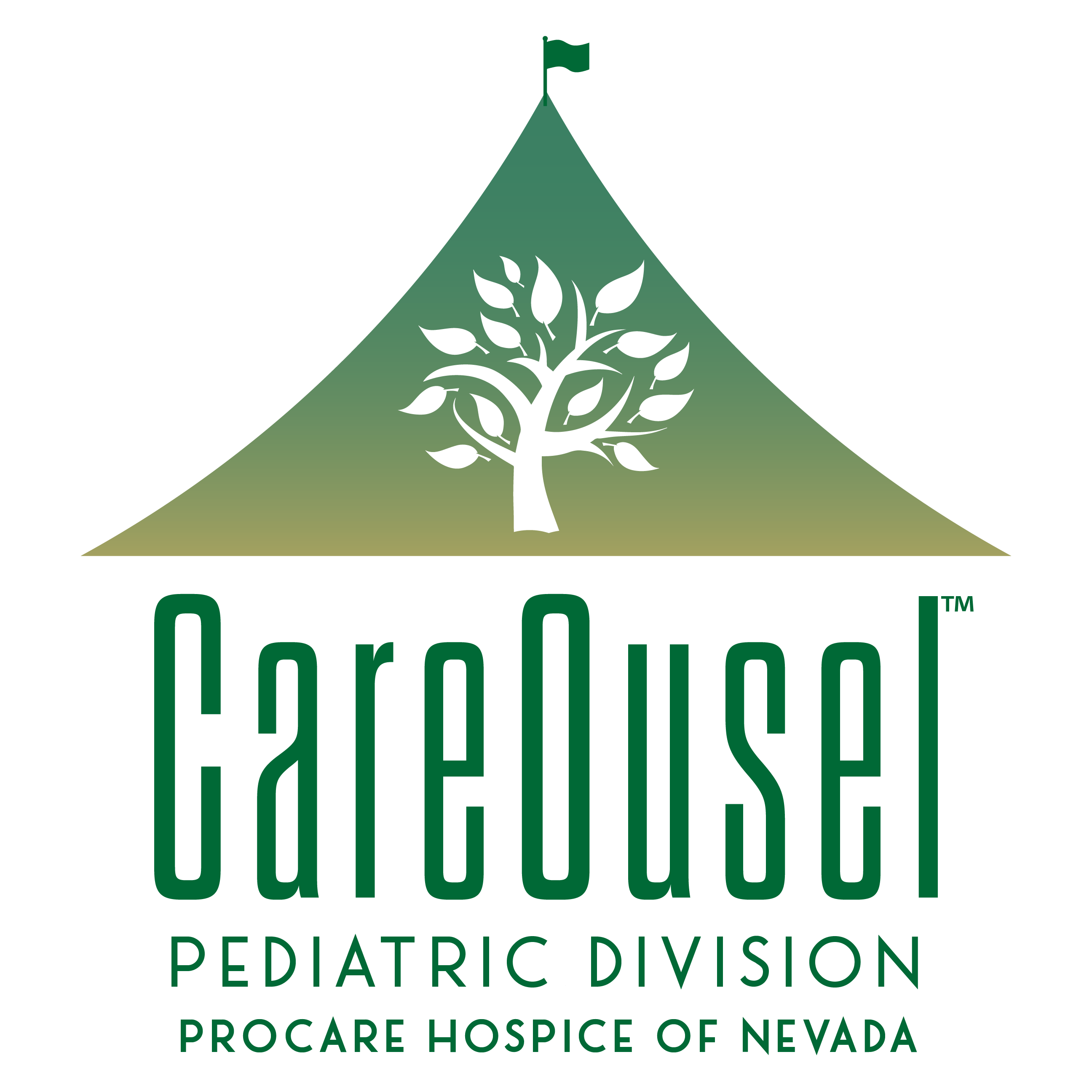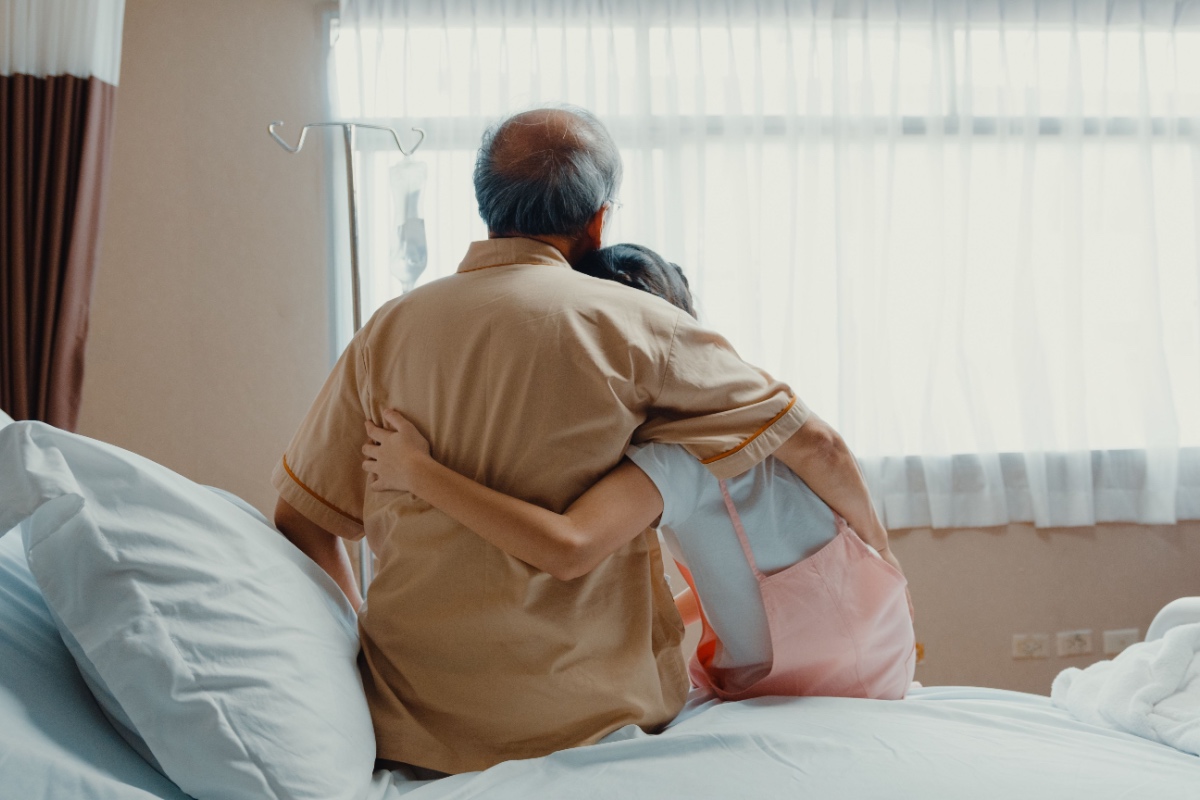Facing advanced cancer is a journey that comes with many challenges for patients and their loved ones. Hospice care is often a compassionate choice when the focus shifts from aggressive treatment to prioritizing comfort and quality of life. For cancer patients in Las Vegas, hospice provides not only medical support but also emotional and spiritual guidance, making these final stages more peaceful.
Table of Contents
- The Importance of Hospice Care for Cancer Patients
- Managing Physical Symptoms with Hospice Care
- Emotional and Spiritual Support for Patients and Families
- The Role of Hospice in Supporting Families
- How Different Types of Cancer Impact Hospice Care
- Why Compassionate Care Matters
- Finding Comfort and Support Through ProCare Hospice of Nevada
- Frequently Asked Questions
The Importance of Hospice Care for Cancer Patients
Hospice care helps individuals in Las Vegas live as fully as possible in the time they have left, offering relief from pain and symptoms while creating opportunities for meaningful connections with loved ones. This type of care goes beyond traditional medical treatment to include:
- Customized Pain Management: Adjusting care based on the unique needs of each patient.
- Symptom Relief: Addressing issues like fatigue, nausea, and discomfort that commonly arise in advanced cancer.
- Emotional and Spiritual Guidance: Providing support through counselors and chaplains to bring comfort beyond physical care.
- Family Involvement: Giving families tools and resources to care for their loved ones and feel involved in this journey.
Managing Physical Symptoms with Hospice Care
One of the main priorities in hospice care is managing the physical symptoms of advanced cancer, which can be complex and vary widely depending on the type of cancer and the individual. Pain management is often a central concern, with hospice teams focusing on minimizing pain without compromising the patient’s alertness or comfort. Here are some ways hospice care approaches physical symptoms:
Pain Management
For many cancer patients in Las Vegas, pain is a constant companion. Hospice teams typically use a combination of medications and therapies tailored to each individual’s comfort level. This can include options ranging from prescription medications to alternative methods like massage therapy, acupuncture, or relaxation techniques, all aimed at helping patients feel at ease.
Addressing Other Symptoms
Beyond pain, other symptoms like fatigue, nausea, breathing difficulties, and digestive issues can affect a patient’s quality of life. Hospice care teams work to create a plan that relieves these symptoms. Dietary changes, gentle exercises, and breathing therapies can also be introduced to ease discomfort.
Emotional and Spiritual Support for Patients and Families
The experience of cancer can bring up deep emotions for patients and those close to them. Hospice care understands this emotional complexity and provides support to help everyone navigate these feelings.
Counseling and Emotional Care
Patients may experience a mix of fear, sadness, and even peace as they near the end of life. Hospice care includes access to counselors, social workers, and even chaplains who can provide emotional and spiritual support, allowing patients to express their feelings and find moments of comfort. These conversations can often be a profound part of the hospice journey, bringing patients a sense of closure and calm.
Support for Family Members
Family members often experience a different set of emotions, including grief, anxiety, and helplessness. Hospice teams are trained to support families, offering guidance on how to communicate with their loved one and process their emotions. Hospice care aims to create an environment where families in Las Vegas feel supported, heard, and connected.
The Role of Hospice in Supporting Families
Hospice care also considers the needs of the family, providing them with resources, education, and emotional support throughout the journey.
Bereavement Services
Grief doesn’t begin only when a loved one passes—it can start long before. Hospice care often includes bereavement and grief support for families, providing them with resources and counseling both during and after their loved one’s time in hospice. Bereavement services can include support groups, individual counseling, or even activities that help families honor and remember their loved ones.
How Different Types of Cancer Impact Hospice Care
Each type of cancer brings unique challenges, and hospice care adapts to meet these needs. The specific symptoms and emotional experiences associated with different cancers can affect the approach to hospice care.
Lung Cancer
For patients in Las Vegas with advanced lung cancer, hospice teams often focus on easing breathing difficulties and managing chest pain. Techniques like oxygen therapy, breathing exercises, and relaxation techniques are commonly used to bring comfort to lung cancer patients.
Pancreatic Cancer
Pancreatic cancer can cause digestive issues and abdominal pain. Hospice care may include dietary adjustments and pain management strategies specific to these symptoms, making eating and digestion more comfortable for the patient.
Brain Cancer
Brain cancer can present unique challenges related to cognition and communication. Hospice care for these patients might involve speech therapy, occupational therapy, and gentle exercises to maintain communication abilities and help patients feel more in control.
Hospice care is highly personalized, and these different approaches demonstrate how adaptable and patient-focused hospice teams are, tailoring care based on each patient’s experience.
Why Compassionate Care Matters
Hospice care is more than medical assistance; it’s about providing compassionate companionship and support during one of life’s most challenging phases. This level of compassion can make a tremendous difference, helping patients and families feel understood, valued, and cared for. Compassionate care often includes time for reflection, shared moments of connection, and respect for each patient’s wishes and dignity.
Whether it’s through a counselor who listens without judgment or a nurse who knows just how to bring relief from pain, compassionate care matters deeply, bringing a sense of peace and humanity to every patient’s experience.
Finding Comfort and Support Through ProCare Hospice of Nevada
Choosing hospice care is a decision centered around comfort, dignity, and peace. For those considering hospice for a loved one facing advanced cancer, it’s a chance to prioritize quality of life. If you’re exploring hospice care options, ProCare Hospice of Nevada is here to offer support that is both compassionate and highly individualized. Our team is ready to walk this journey with you, providing guidance, relief, and a steady, caring presence. Reach out to learn more about how we can support you and your loved one with respect, compassion, and a commitment to comfort. Call us today at 702.380.8300 or fill out our contact form here!
Frequently Asked Questions
- When is the right time to consider hospice for a cancer patient?
Hospice may be considered when curative treatment is no longer effective, and the focus shifts to comfort. Generally, hospice care is an option when a patient’s life expectancy is around six months or less, though families are encouraged to seek information earlier.
- Can hospice care be provided in the patient’s home?
Yes, hospice care can be offered at home, allowing the patient to be in familiar surroundings. Home hospice can be a comforting choice for many families, as it offers a sense of peace and privacy.
- What does a hospice care team usually include?
A hospice care team may consist of doctors, nurses, social workers, counselors, chaplains, and trained volunteers, each offering specialized care and support based on the patient’s needs.
- Is hospice care only for cancer patients?
No, hospice care is available to individuals with any life-limiting illness. It’s designed to support anyone facing advanced stages of illness, focusing on comfort and quality of life.
- How does hospice care support families after a loved one’s passing?
Hospice care often includes bereavement and grief support services, helping families process their loss and find comfort. Many hospice programs offer follow-up counseling or support groups to guide families through the grieving process.



 Back To Top
Back To Top